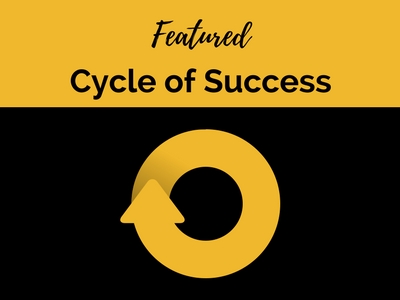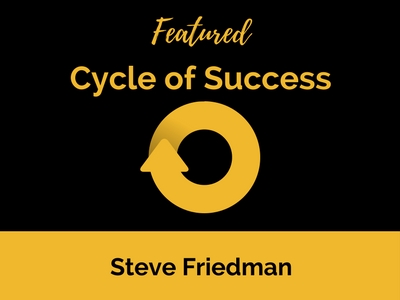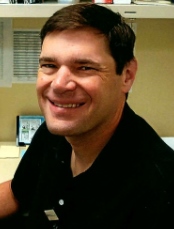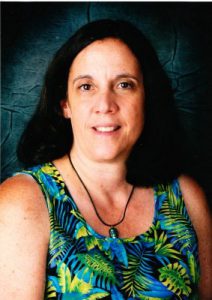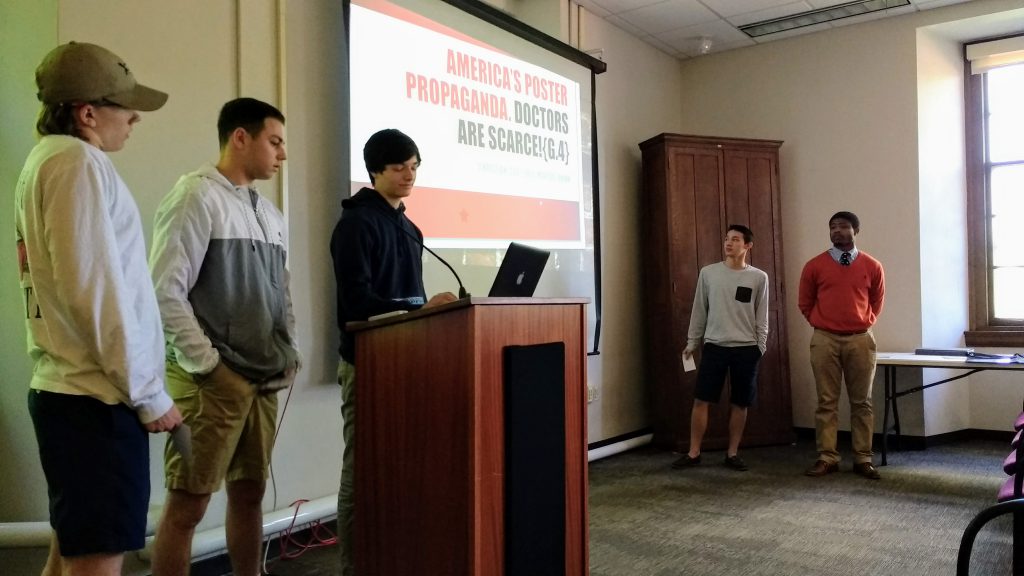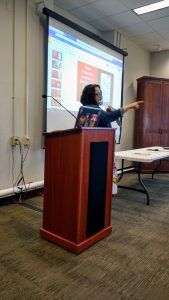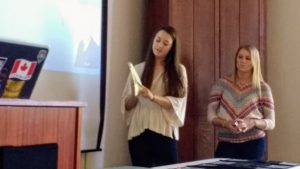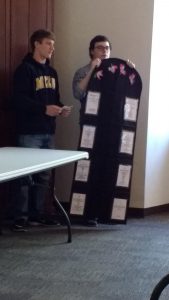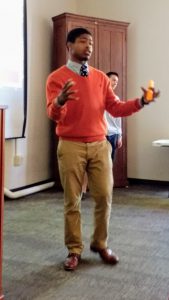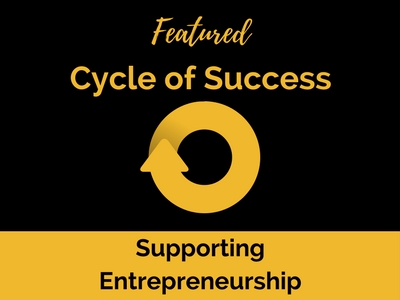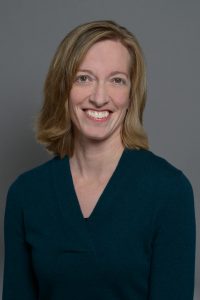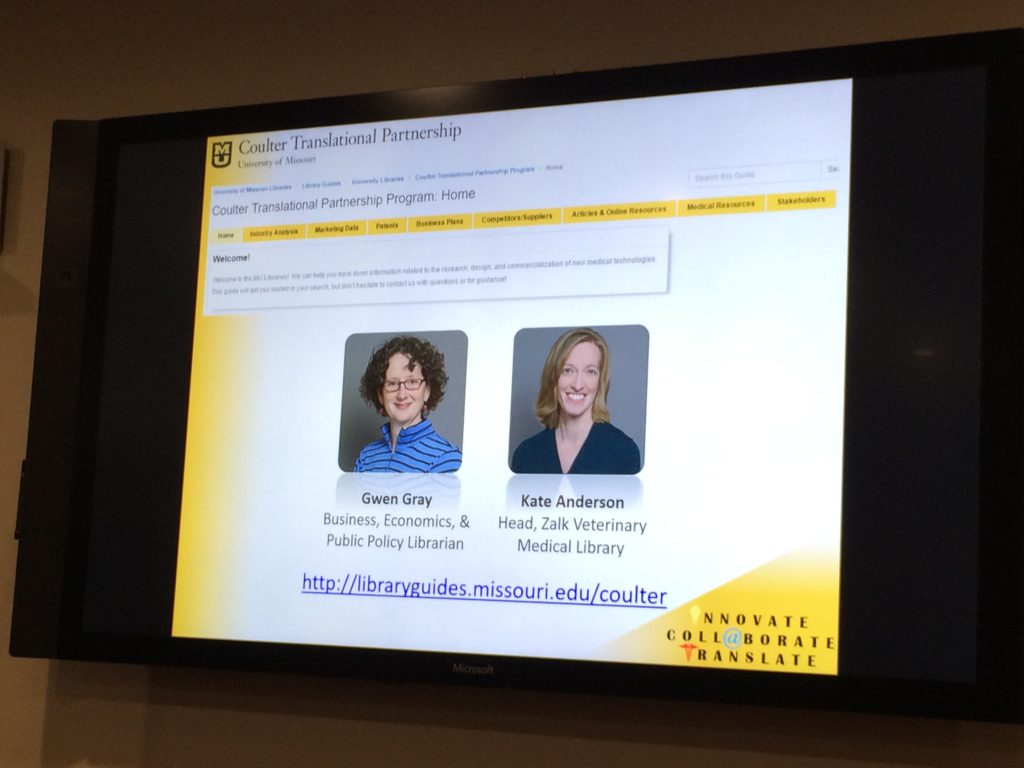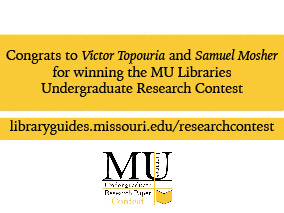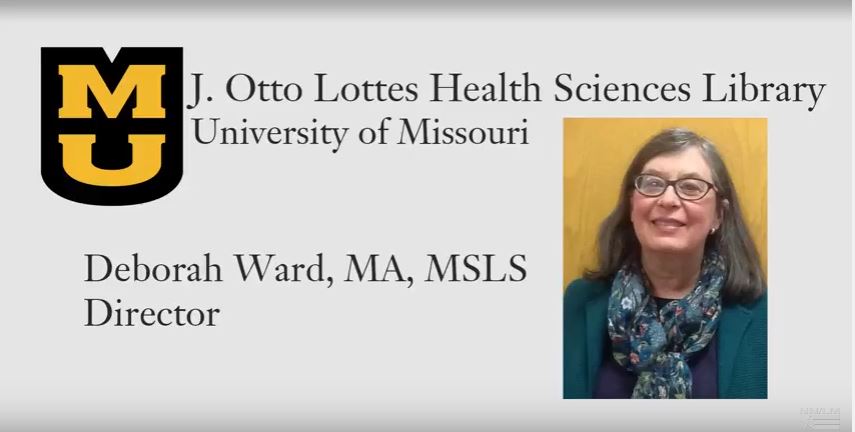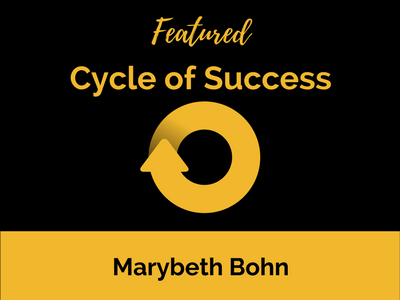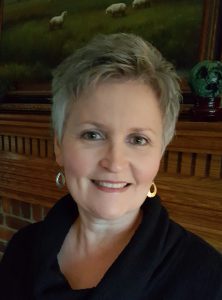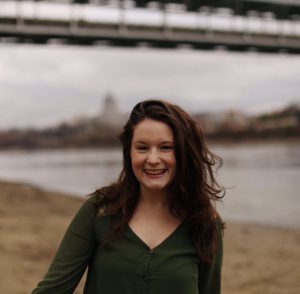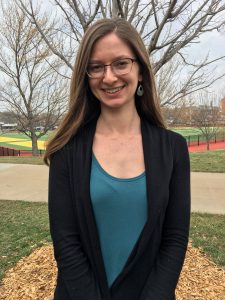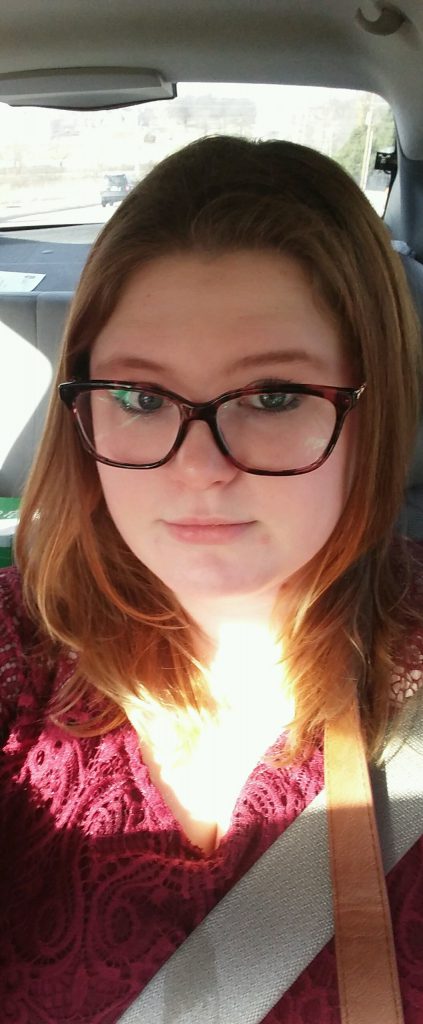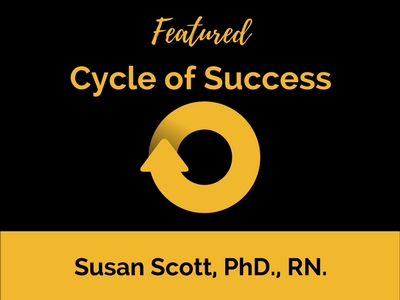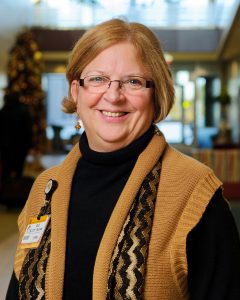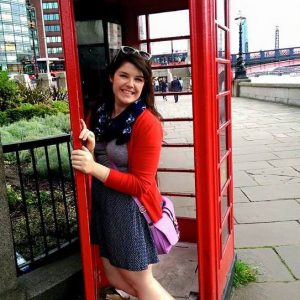Cycle of Success is the idea that libraries, faculty, and students are linked; for one to truly succeed, we must all succeed. The path to success is formed by the connections between University of Missouri Libraries and faculty members, between faculty members and students, and between students and the libraries that serve them. More than just success, this is also a connection of mutual respect, support, and commitment to forward-thinking research.
Robert Altenbernd recently submitted a story about his experience working with Gwen Gray, our Social Sciences Librarian, during his time in the in the Entrepreneurship Bootcamp for Veterans with Disabilities (EBV) program. EBV is a "one-of-a-kind initiative designed to leverage the skills, resources and infrastructure of higher education to offer cutting-edge, experiential training in entrepreneurship and small business management to post-9/11 veterans with service-connected disabilities and a passion for entrepreneurship. The aim of the program is to open the door to economic opportunity for our veterans by developing their competencies in creating and sustaining an entrepreneurial venture." There are three phases, and Phase 2 is a nine-day residency at an EBV university. All of the participants apply to the program and go through an interview process. This year, 19 are on the Univeristy of Missouri campus, for eight days. There are three from Missouri, but participants come from North Carolina, New Mexico, Colorado, Minnesota, D.C., all across the country. Their business ideas range from nonprofits that will serve post-9/11 veterans to retail storefronts to making apparel for reenactors. This is the second year Mizzou has participated in the program, and this participation was featured in Inside Columbia magazine last year.
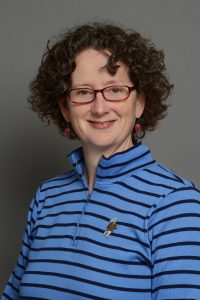
Gwen Gray's role, as one of the 11 EBV librarians around the country, is to be the support person for these participants while they are on campus, and after they leave. "Dr. Greg Bier (retired Army veteran) who runs the program, is a big proponent of the library and feels like too many entrepreneurs don’t know about the resources & services we offer." Phase 2 includes instruction within MU Libraries, and access to a guide created by Gwen. The guide includes information they can only access while here, links to free sites, and also links to the EBV Info Portal that participants have access to one year after starting the program. Gwen also sends the participants home with a handout, specific to each veteran, that includes information on public and academic libraries in their home areas as well as other sources of help to local entrepreneurs. She includes any useful databases and contact information for business librarians and Small Business Development Center counselors. This handout was a big hit during this program's inagural year at Mizzou: "Second, I want you to know I followed up with the small business development center you located near my home. Staff sat down with me and busted out my business financials. It was a lifesaver. I felt much more confident sending sound financial docs to lenders. I've secured land and my loan package is currently being processed. I owe you one."
Robert Altenbrend recently participated in Phase 2 of EBV, and had some kind words to say about Gwen's help:
"I am currently attending the EBV in-residence phase at Mizzou. I was having difficulties finding research data on starting a veteran support nonprofit. Gwen Gray was very helpful and found several resources that will assist with this project. This type of customer service and professionalism should be commended and reflects positive on Mizzou. This is coming from a lifelong Jayhawk who grew up in the Lawrence area:-) Please pass on my appreciation to her. Thank you."
We forgive Robert for his Jayhawk love, and wish him well with the rest of the program!
If you would like to submit your own success story about how the libraries have helped your research and/or work, please use the Cycle of Success form.
